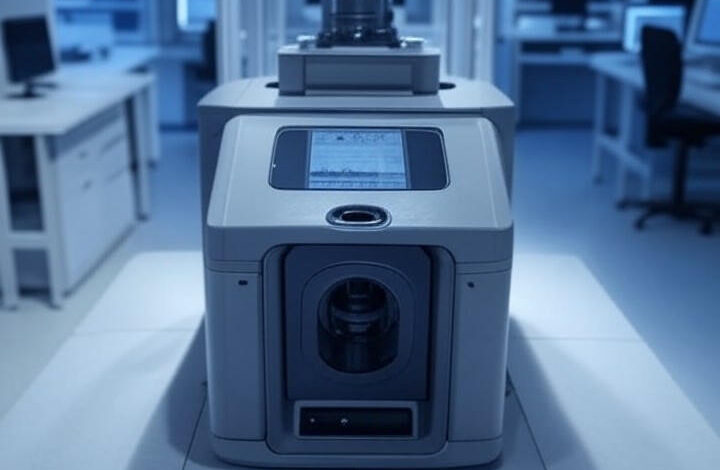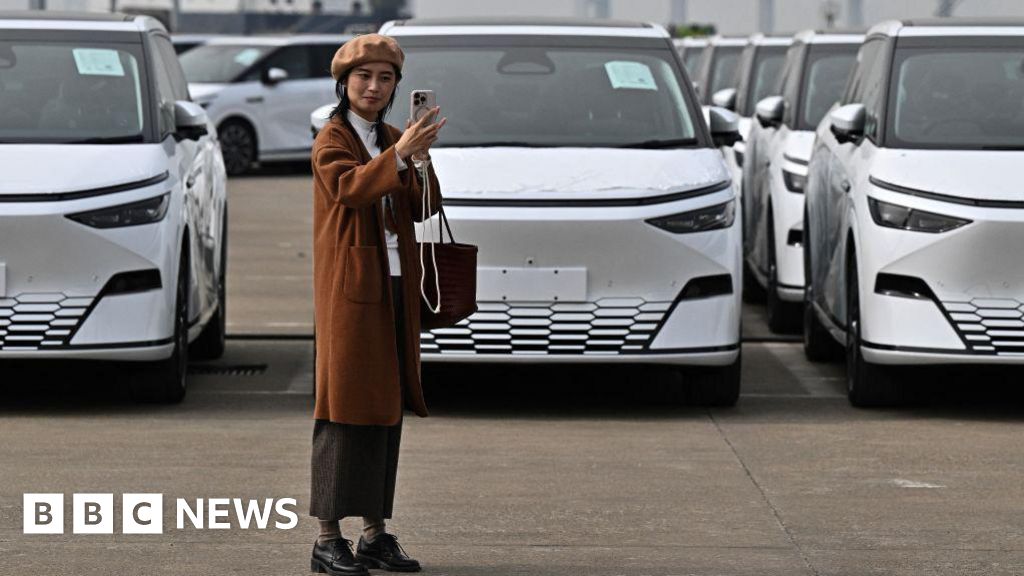Tech Billionaires Invest Millions in Controversial Gene Editing

In an ambitious yet controversial venture, tech billionaires are investing heavily in the genetic engineering of human embryos. Despite existing international bans and significant ethical concerns, startups like Heliospect Genomics are attracting millions in funding to develop technologies aimed at editing genes to create healthier and potentially smarter offspring. This movement is reshaping discussions about regulatory frameworks and the ethical implications of altering human genetics.
Investors and Innovations
Investors such as Elon Musk and Peter Thiel have long shown interest in human enhancement technologies. Musk has notably raised concerns about declining birth rates, advocating for solutions that include enhanced reproductive technologies. Thiel’s investments in biotechnology signal a deeper commitment to advancing genetic innovation. Startups like Orchid Health, which provides embryo testing for genetic risks, have recently garnered funding from venture firms linked to these influential figures.
A report by The Wall Street Journal highlights how Heliospect Genomics is not only offering basic health screenings but also delving into polygenic scoring to predict traits like intelligence. This service is marketed to parents seeking embryos with the highest potential. The allure of these technologies has led to substantial financial backing, as noted in a November 2025 article from Metro News, which refers to designer baby technology as “one of the most important health technologies of our lifetimes.”
The CRISPR Debate
Central to these advancements is the CRISPR-Cas9 gene-editing tool, which allows for precise modifications of DNA. The technology gained global attention in 2018 when Chinese scientist He Jiankui announced the birth of CRISPR-edited twins, sparking widespread condemnation and calls for stricter regulations. According to a 2025 article in Nature, although some researchers remain wary of unregulated embryo editing, there is a growing acceptance for its therapeutic applications.
The challenge lies in the fine line between preventing genetic diseases and venturing into the realm of eugenics, where enhancements for traits such as height or intelligence might become possible. As highlighted in an article from MIT Technology Review, a West Coast entrepreneur recently secured $30 million for initiatives focused on gene-edited babies aimed at eradicating hereditary diseases.
Regulatory bodies, particularly in the United States, have taken a firm stance against heritable genome editing. The FDA classifies these practices as unsafe and unethical, a position echoed by many countries worldwide in the aftermath of the 2018 scandal. Despite these hurdles, startups are finding ways to navigate regulatory gaps, often focusing on embryo screening rather than direct editing, as detailed in coverage by NPR.
Ethical Considerations and Future Implications
The ethical dilemmas surrounding genetic editing are profound. Bioethicists warn that such technologies could exacerbate social inequalities, creating a divide between genetically enhanced individuals and those who are not. A 2025 report from NPR Shots Health News quotes experts cautioning, “Just because it’s possible doesn’t mean it should be done,” underscoring the risks of unintended mutations and societal consequences.
Conversely, supporters argue that safe applications of gene editing could lead to significant health advancements, such as the eradication of conditions like cystic fibrosis. The ongoing discourse reflects a tension between the potential benefits of these technologies and their moral implications.
As startups like Heliospect Genomics leverage vast datasets to evaluate embryos based on polygenic risks, the allure of genetic selection continues to grow. Clients are willing to pay premium fees for insights that can influence reproductive decisions, with many opting for in vitro fertilization (IVF) primarily for selection purposes.
In addition, advancements in artificial intelligence are facilitating these developments, enabling more accurate predictions based on genomic data. Discussions surrounding gene drive technologies are gaining momentum, with implications for both human health and conservation efforts.
As funding for these initiatives increases, the prospect of clinical trials looms. Reports from MIT Technology Review indicate that the quest for genetically engineered babies is on the verge of becoming a reality, once relegated to the realm of science fiction. Public sentiment, as expressed on social media platforms, reflects a mix of fascination and concern regarding the direction of these technologies.
In a rapidly evolving landscape, the biotech community is grappling with how to balance innovation with ethical considerations. Events like the State of Biotech 2025 summit focus on navigating these complex issues, aiming to establish regulatory frameworks that safeguard humanity’s future while embracing technological advancements. As the drive for genetically engineered babies persists, society is challenged to redefine the boundaries of human potential amidst the allure of scientific progress.






